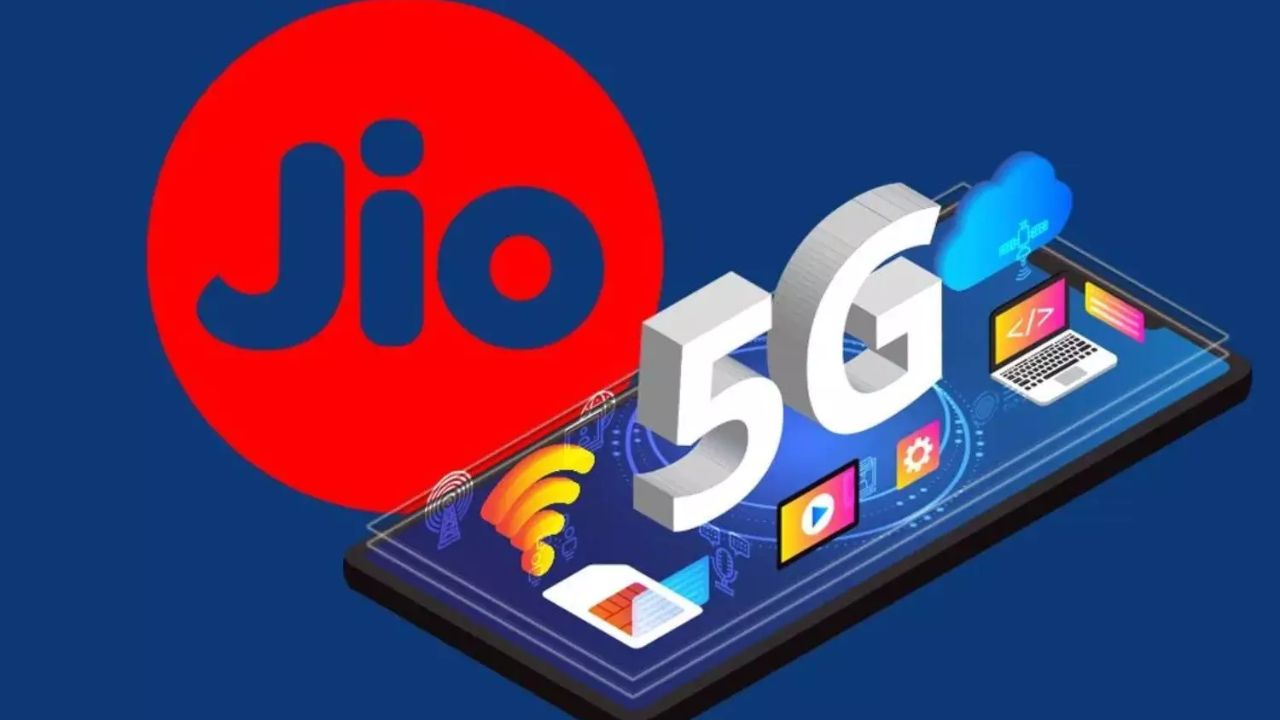India is not just embracing Artificial Intelligence (AI); it’s setting the pace. The nation stands at the forefront of Generative AI (Gen AI) adoption, a powerful wave that is rapidly shaping the future of work and setting the stage for the widespread rise of Agentic AI. This profound shift is redefining industries, creating new opportunities, and positioning India as a global powerhouse in the AI domain.
- Key Takeaways
- The Genesis of India’s AI Leadership
- Generative AI: A Strategic Imperative for Indian Businesses
- From Gen AI to Agentic AI: The Next Frontier
- Government Initiatives Fueling the AI Revolution
- Impact Across Industries: A Transformative Force
- Challenges and the Path Forward
- A Promising Horizon
- FAQ
Key Takeaways
- India holds the top global position in AI skill penetration, a testament to its rapidly expanding talent pool.
- 86% of Indian enterprises have a Generative AI (Gen AI) strategy, significantly outpacing global adoption trends.
- Agentic AI adoption in Indian HR is projected to surge by 383% by 2027, leading to substantial productivity gains.
- The IndiaAI Mission, with a ₹10,300 crore allocation, aims to solidify the nation’s AI infrastructure and foster innovation.
- Gen AI is expected to transform 38 million jobs by 2030, contributing significantly to India’s economic growth.
- Ethical considerations, data privacy, and the need for robust regulatory frameworks are critical as India scales AI.
The Genesis of India’s AI Leadership
India’s journey to becoming a global leader in AI is built on a foundation of strategic initiatives, a burgeoning talent pool, and a proactive approach to technological advancement. For years, the emphasis has been on developing a robust digital infrastructure and nurturing a tech-savvy workforce. This groundwork has allowed for the rapid assimilation of advanced AI capabilities, particularly in the realm of Gen AI.
According to the Stanford AI Index 2024, India ranks first globally in AI skill penetration, boasting a score of 2.8, ahead of countries like the US (2.2) and Germany (1.9). This dominance in skill penetration is further underscored by a remarkable 263% growth in AI talent concentration since 2016. The India Skills Report 2024 by Wheebox forecasts India’s AI industry will reach USD 28.8 billion by 2025, reflecting a compound annual growth rate (CAGR) of 45%. This growth is fueled by a 14-fold increase in the AI-skilled workforce from 2016 to 2023.
Generative AI: A Strategic Imperative for Indian Businesses
The adoption of Gen AI by Indian enterprises is not a fleeting trend but a core strategic priority. A report by Nutanix, part of its Enterprise Cloud Index (ECI), reveals that a staggering 86% of Indian enterprises have already formulated a Gen AI strategy. This figure significantly surpasses global trends, highlighting India’s proactive stance in integrating cutting-edge AI. Businesses are leveraging Gen AI for various purposes, including productivity gains, process automation, and fostering innovation.
The National Association of Software and Service Companies (NASSCOM) reported in November 2024 that Indian Gen AI startup funding surged over six times quarter-on-quarter in Q2FY2025, reaching USD 51 million. This surge is notably driven by business-to-business (B2B) and agentic AI startups, indicating a strong market appetite for advanced AI solutions.
From Gen AI to Agentic AI: The Next Frontier
The widespread adoption of Gen AI is laying the groundwork for the emergence of Agentic AI. Agentic AI refers to AI systems that can act autonomously to achieve specific goals, often involving complex decision-making and interaction with other systems or environments, without constant human oversight. These intelligent agents can learn, plan, and execute tasks, demonstrating a higher degree of autonomy than traditional AI applications.
The impact of Agentic AI is already becoming evident across various sectors in India. A Salesforce report, based on a survey of human resource executives, projects an astounding 383% growth in agentic AI adoption in Indian HR by 2027. This rapid expansion is anticipated to yield a productivity gain of 41.7% in the HR sector alone. While only 12% of Indian Chief Human Resources Officers (CHROs) currently report full implementation of agentic AI, the strong anticipation of its growth signals a profound shift in how work will be performed. Businesses are recognizing the potential of agentic AI to automate routine tasks, free up human workers for more complex and creative endeavors, and ultimately drive significant operational efficiencies.
Government Initiatives Fueling the AI Revolution
The Indian government plays a pivotal role in accelerating the nation’s AI journey. The IndiaAI Mission, approved in 2024 with an allocation of ₹10,300 crore over five years, is a comprehensive initiative aimed at strengthening India’s AI capabilities. This mission focuses on building a robust AI computing and semiconductor infrastructure, fostering AI research, and supporting the startup ecosystem.
Several Centres of Excellence (CoE) have been established, including those dedicated to AI in Healthcare, Agriculture, and Sustainable Cities in New Delhi. The Union Budget 2025 further announced a new CoE for AI in education with an outlay of ₹500 crore, highlighting the government’s commitment to integrating AI across critical sectors. Furthermore, IndiaAI has launched an initiative to develop indigenous foundational AI models, including Large Language Models (LLMs) and Small Language Models (SLMs), through a call for proposals. This focus on homegrown solutions aims to ensure AI autonomy and tailor AI capabilities to India’s unique needs and linguistic diversity, as seen with platforms like Bhashini.
Impact Across Industries: A Transformative Force
Gen AI and the nascent rise of Agentic AI are reshaping numerous sectors across India:
- Information Technology (IT) and Software Services: The IT industry, valued at USD 254 billion, is seeing significant productivity boosts from Gen AI. The EY India report estimates up to a 45% increase in productivity over the next five years due to AI automating coding, software development, customer support, and real-time decision-making. Companies like Infosys have already seen increased profits driven by client adoption of their AI services.
- Healthcare: AI is bridging critical gaps in healthcare access and delivery. AI tools aid in earlier disease detection through medical image analysis. AI chatbots and virtual doctors provide instant medical advice and automate appointment and prescription management. Gen AI models are also accelerating drug discovery and clinical research. The collaboration between the National Health Authority and IIT Kanpur under Ayushman Bharat aims to develop digital public goods for AI research in healthcare. Initiatives like Remidio’s AI-based Fundus on Phone enable general practitioners to screen for diabetic retinopathy, expanding access to diagnostics in remote areas.
- Finance and Banking: India’s USD 2 trillion banking sector is rapidly integrating AI. AI assists in real-time fraud prevention by identifying suspicious transactions. It enables hyper-personalized banking experiences, offers investment advice, and automates loan approvals. HDFC Bank’s AI-powered chatbot, Eva (Electronic Virtual Assistant), uses natural language processing (NLP) to respond to customer queries. Paytm leverages AI to monitor transaction patterns for fraudulent activity, securing India’s rapidly expanding digital payments ecosystem. Axis Bank has implemented AI-powered automation in back-office operations, reducing costs and improving efficiency.
- Media and Entertainment: With the content creation market projected to reach USD 480 billion by 2035, AI is revolutionizing production. Approximately 92% of Indian content creators use AI to streamline processes. AI generates personalized news summaries, videos, and articles, and is increasingly employed for film dubbing and animation. AI-generated music and voiceovers reduce production costs, allowing for increased content output.
- Education: AI is set to personalize learning experiences, automate administrative tasks like grading and attendance, and identify learning gaps to provide targeted interventions. This can make education more accessible and tailored to individual student needs.
Challenges and the Path Forward
Despite the rapid strides, India faces challenges in its AI journey. A significant hurdle is the demand-supply gap in highly specialized AI researchers. While India has a talent pool of over 400,000 AI professionals, a 51% demand-supply gap persists, particularly in deep-tech innovation. The Randstad AI & Equity Report 2024 indicates that while 7 out of 10 Indian employees used AI at work in 2024, understanding the impact of digital labor remains low among many employees.
Other challenges include:
- Scaling AI Initiatives: Moving AI projects from pilot stages to full-scale deployment presents integration difficulties with existing legacy systems.
- Data Quality and Privacy: AI systems rely on vast datasets, raising concerns about data privacy, quality, and security. Ensuring anonymized, high-quality data is critical.
- Ethical AI and Bias: Ensuring fairness and preventing biases in AI algorithms is paramount, along with establishing clear accountability for AI outcomes.
- Regulatory Framework: While India has existing laws like the Information Technology Act of 2000 and has released Principles for Responsible AI (2021) and a National Artificial Intelligence Strategy (2018), a dedicated and comprehensive AI regulatory framework is still evolving to address new challenges.
- Hardware Dependence: India remains largely dependent on foreign-made GPUs and semiconductor technologies for high-performance AI computing.
To address these, India is focusing on strengthening domestic AI chip manufacturing under the Semicon India Programme, expanding AI training programs like FutureSkills Prime, and fostering public-private partnerships. The country is also actively shaping international AI regulatory frameworks through its participation in global forums like G20, Paris AI Summit 2025, and Global Partnership on Artificial Intelligence (GPAI).
A Promising Horizon
India’s lead in Gen AI adoption, coupled with its strategic focus on developing Agentic AI, signals a promising future. By nurturing its talent, investing in infrastructure, and addressing ethical considerations, India is poised not only to harness the transformative power of AI for its own development but also to contribute significantly to the global AI landscape, setting a precedent for inclusive and responsible AI advancement.
FAQ
Q1: What is Generative AI (Gen AI)?
A1: Generative AI refers to AI systems capable of producing new content, such as text, images, audio, or code, that resembles human-created output. Unlike traditional AI that analyzes existing data, Gen AI creates original data based on patterns it has learned.
Q2: How does Agentic AI differ from Generative AI?
A2: While Generative AI focuses on content creation, Agentic AI refers to AI systems designed to act autonomously to achieve specific goals. Agentic AI often incorporates Gen AI capabilities to understand context and generate responses or actions, but its primary function is independent task execution and decision-making without continuous human intervention.
Q3: What are the key reasons for India’s lead in Gen AI adoption?
A3: India’s leadership stems from its strong AI skill penetration, proactive government initiatives like the IndiaAI Mission, high strategic prioritization of AI by Indian enterprises (86% have a Gen AI strategy), and a robust startup ecosystem that attracts significant funding for Gen AI solutions.
Q4: How will Gen AI and Agentic AI impact jobs in India?
A4: Gen AI is projected to transform 38 million jobs in India by 2030, augmenting tasks and freeing up workers for more complex roles. While some routine tasks may be automated by agentic AI, there will be a parallel demand for new skills and roles focused on managing, training, and collaborating with AI systems.
Q5: What challenges does India face in its AI adoption journey?
A5: Key challenges include a demand-supply gap in specialized AI talent, difficulties in scaling AI initiatives across large organizations, concerns regarding data quality, privacy, and security, and the need for a comprehensive and evolving regulatory framework for ethical AI deployment.
Q6: What is the IndiaAI Mission?
A6: The IndiaAI Mission is a significant government initiative launched in 2024 with a ₹10,300 crore allocation over five years. It aims to develop a robust AI computing and semiconductor infrastructure, support AI startups, promote research and development in AI, and enhance public sector applications of AI across various domains.


















